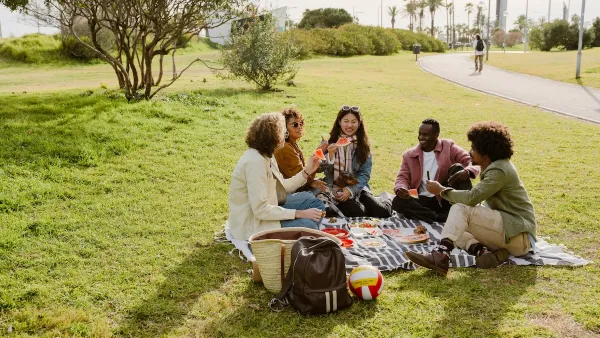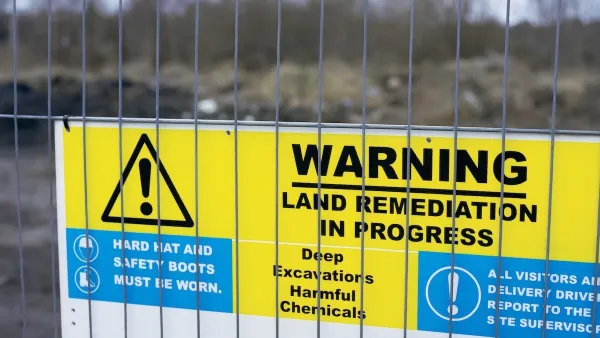What aspects of urbanism and quality of life got lost with the
creation of today's modern post-industrial urbanism, or the Sanitary City?
And what bearing does this have on the future of green urbanism and
sustainability?
Going back just 100 years, cities were filled with noise, smell, smoke,
sewage, animals, slaughter houses, trash incinerators, market gardens, stables,
etc. Through building codes, use-based zoning, water system upgrades, creation
of the electricity grid, and the emergence of the automobile, and establishing
environmental regulations, we were able to eliminate most of these urban
problems. Overall this has led to large increases in the quality of human
life.
But what has been the cost of moving up Maslow's pyramid? Are we
healthier? - absolutely. Happier? - maybe. Sustainable? – not even
close.
Achieving urban sustainability requires more than tinkering with the
efficiency and intelligence of the modern city. The future urban experience needs to
be built on principles of ecology, biological processes, and cyclical
metabolisms. This means that compost,
water management, and local wastewater are part of the cityscape, as is the smell
of compost, ripe fruit, and sounds of chickens, pigs, goats, and the occasional
rooster. Reinstating these organic qualities as norms, rather than
idiosyncratic aberrations, is essential to the transition from the Sanitary
City to the Sustainable City.
In other words, sometimes you need to go backward to go forward.

Planetizen Federal Action Tracker
A weekly monitor of how Trump’s orders and actions are impacting planners and planning in America.

Maui's Vacation Rental Debate Turns Ugly
Verbal attacks, misinformation campaigns and fistfights plague a high-stakes debate to convert thousands of vacation rentals into long-term housing.

Restaurant Patios Were a Pandemic Win — Why Were They so Hard to Keep?
Social distancing requirements and changes in travel patterns prompted cities to pilot new uses for street and sidewalk space. Then it got complicated.

In California Battle of Housing vs. Environment, Housing Just Won
A new state law significantly limits the power of CEQA, an environmental review law that served as a powerful tool for blocking new development.

Boulder Eliminates Parking Minimums Citywide
Officials estimate the cost of building a single underground parking space at up to $100,000.

Orange County, Florida Adopts Largest US “Sprawl Repair” Code
The ‘Orange Code’ seeks to rectify decades of sprawl-inducing, car-oriented development.
Urban Design for Planners 1: Software Tools
This six-course series explores essential urban design concepts using open source software and equips planners with the tools they need to participate fully in the urban design process.
Planning for Universal Design
Learn the tools for implementing Universal Design in planning regulations.
Heyer Gruel & Associates PA
JM Goldson LLC
Custer County Colorado
City of Camden Redevelopment Agency
City of Astoria
Transportation Research & Education Center (TREC) at Portland State University
Jefferson Parish Government
Camden Redevelopment Agency
City of Claremont






























